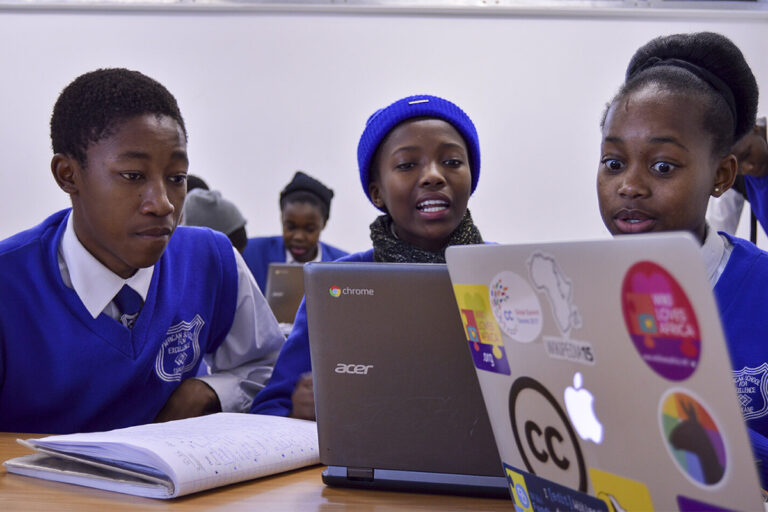What We Do
Representing 100+ Years Of Excellence In Education
Digitalized Education

Empowering the next generation of digital talent
The rise of digitalization in schools across the world means that ‘traditional’ teaching is changing and technologies are taking over classrooms. Digitization in education refers to the integration of digital technologies into everyday learning, such as online courses, virtual classrooms, and digital textbooks. Digitization in education includes the use of desktop computers, mobile devices, the Internet, software applications, and other types of digital technology to teach students of all ages. Test-taking using a computer, online universities, e-books, and edutainment are just a few examples of digitalization in education. This shift towards digital learning has been made possible by advances in technology that have enabled educators to provide tailored learning plans and curricula to their students.
Digitizing the classroom has opened up a range of possibilities for both teachers and students. For example, teachers can now access a wide variety of resources quickly and easily, allowing them to create more engaging lessons for their students. Additionally, students can now access tests and grades online with greater speed and accuracy than ever before.
The SGF invests 85 percent of donations into programs and outreach efforts to help both students and teachers develop the necessary tech skills and aptitudes to participate in and be future leaders of the 21st-century innovation economy of Ghana. Our digitization in education programs work to give schools and teachers access to digital learning content and the internet, improving the quality of education in some of the most marginalized communities in Ghana.
The SGF works to improve teachers’ basic digital skills in terms of their abilities to use computers to investigate, create, and communicate in order to participate effectively at home, at school, in the workplace, and in society”. In addition to basic digital skills, we promote and support specific technology-related teaching skills of teachers during planning, implementing, and evaluating digital learning and teaching scenarios that potentially relate to students’ constructive and interactive learning activities and the frequency of digital technology use during teaching.



